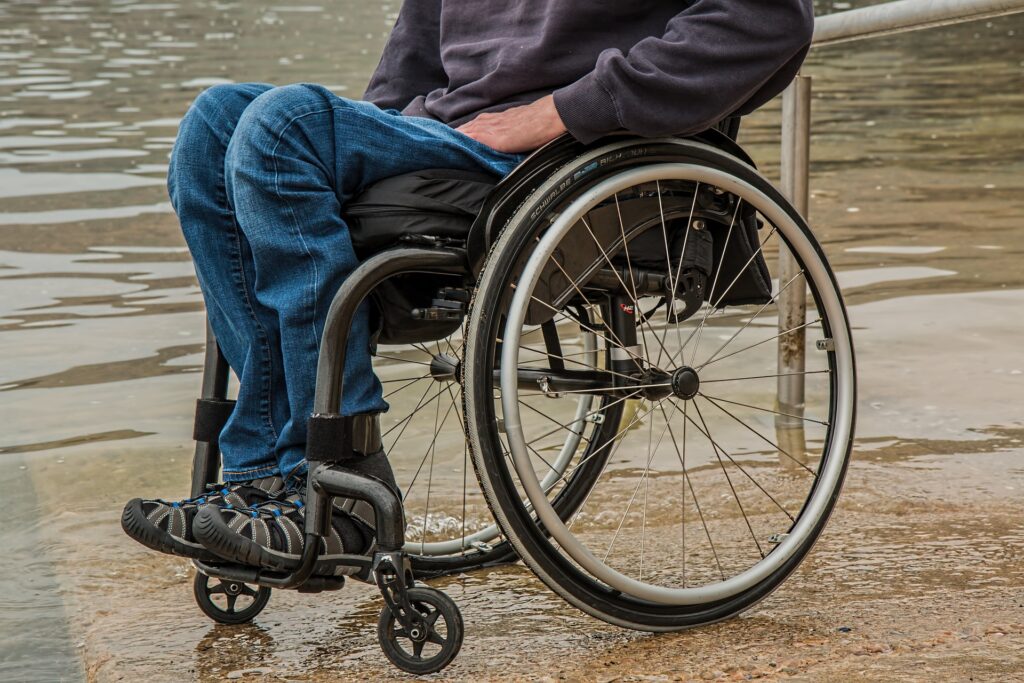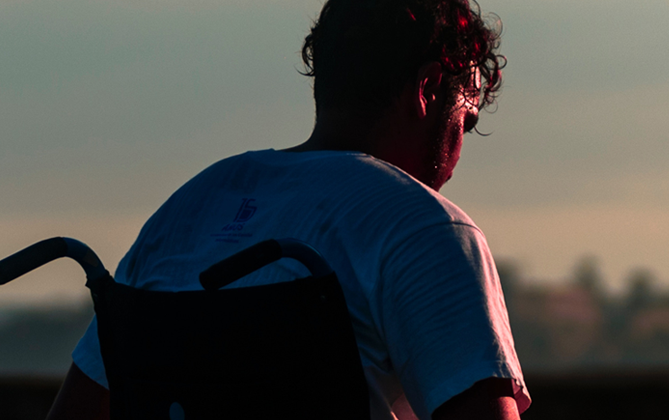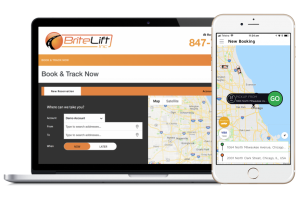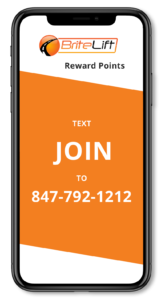These days when the entire world seems to be raising awareness on a multitude of topics, it feels like everyone seems to be actively misplacing the issue of people with disabilities and the right ways to communicate with them. Often unintentionally offended by their interlocutors, people with disabilities find themselves feeling rejected, hurt, attacked, disrespected.
To mend this, let’s all learn how to talk to and behave around them, shall we? Today, BriteLift is addressing a few things you should stop saying and doing to people with disabilities.
1. Don’t Use Baby-Talk
The fact someone’s got a physical or mental disability, or has hearing aids doesn’t make them incapable of engaging in conversations or processing information or. On autopilot, some people either lower their voices when they talk to people with disabilities or start using baby-talk, thinking this will help the conversation run smoothly. However, what it does is offend the person you are talking to.
Remember this: If a person with disabilities can’t understand you clearly or hear what you are saying, they’ll ask for you to speak up—no need to do it yourself.

2. Don’t Call Them “Brave”
The fact someone went on with their life after being diagnosed with a visible or invisible disability shouldn’t be considered “inspiring” or “brave”; it’s merely one’s strength and determination to get on with their everyday activities to their best possibilities. Most people with disabilities find that pinning them too many encouraging attributes is condescending and unnecessary. Instead of defining them through their disability, try to see them for who they are in their lives and professions. People with disabilities can still be successful, gorgeous, fit, etc.
3. Don’t Help Without Asking
While the impulse to help another is beautiful, sometimes you have to pause before you act. Don’t assume someone needs help before you ask, and just because they have a disability. People with disabilities confess that other people bringing them their food already cut up, trying to help them cross the street faster, etc. is insensitive and makes them feel embarrassed and frustrated. What you can do is ask if they need help; if they say “yes,” do help out. If not, keep going.
4. Don’t Be Biased
Being uneducated on any matter is the first step to finding yourself and your interlocutor in an embarrassing, misleading, and hurtful context. When you meet a person with disabilities, don’t assume their disability defines them.
A very present but usually unconscious bias towards disability leads to people feeling rejected and incompetent, whether in a chill social context such as a gathering or a date, or sitting a job interview, and similar.
People with disabilities are not too different; they just live outside of the “regular” box. Understanding that everyone’s box is an individual construct instead of avoiding it altogether or being biased against it by default will bring much good – to everyone
5. Don’t Ask What Their Disabilities Are
Whether someone’s disability is a visible or an invisible one, you should restrain yourself from asking what their disability is. It’s unnecessary and intrusive.
If you need to know what someone’s access needs are, ask it. Don’t get into any other details. After all, you wouldn’t ask a person without disabilities anything about their medical history, would you?

Need an accessible ride?
Whether it’s shopping, a doctor’s appointment, dinner with the family or a trip to the airport, BriteLift takes you where you want, when you want. Convenient. Safe. Reliable.
6. Don’t Be Too Enthusiastic/Supportive/Sympathetic
People tend not to be quite sure how to act around people with disabilities, so they usually go overboard. Normal reactions replace way too positive attitudes, usually out of the idea that you’ve got the responsibility to support and cheer them up.
This is patronizing and rude and has no grounds in any relationship. Treat people with disabilities like equals; react as if you’d react in a situation with someone without disabilities.
7. Don't Use the Term "Disabled People"
Words hold power and can leave a lasting impression. This is why you should be mindful of your language, especially if you spend a lot of time with people with disabilities. Recognize what terms like “disabled person” or “stroke victim,” actually imply. These terms define real people based on their disabilities alone.
People with disabilities deserve to be treated with dignity, just like everyone else. The Office of Disability Rights has a helpful guide on what is called the People-First language. This guide emphasizes the importance of highlighting what a person can do instead of can’t do.
8. Don’t Assume All People with Disabilities Look the Same
If you can’t immediately detect someone’s disability, it doesn’t mean it’s not there. The common portrayals of various disabilities (i.e., blind people walking around wielding a cane with their black sunglasses on or walking around with a dog) are not all there is to how disabilities look.
As long as everyone stays trapped in a limited mindset, there’ll be too many people with a disability stuck at the periphery of society. The picture in your head is not the only one valid – not all people with disabilities look the same.
The more aware everyone is of how things are, the better will the world live together. Let’s all start learning about each other!
Where Can I Get a Wheelchair-Accessible Ride Near Me?
If you or someone close to you needs medical transportation services, BriteLift is here to help. BriteLift is an accessible transportation company that has been providing non-emergency medical transportation as well as wheelchair-friendly transportation in Chicago to people with disabilities, for over a decade. Choose BriteLift and you can opt for doctors visits, airport transportation, senior transportation, various social outings, and more.
Whether you need wheelchair-accessible transportation, dialysis transportation, adult day services transportation, or any other type of non-emergency medical transportation in Illinois and Southeast Wisconsin, BriteLift is there. Give us a call at 847-792-1212.

Advanced Reservation, Multiple Stops & On-Demand Rides
With BriteLift you can reserve multiple rides in advance. You can manage all your rides onlineor with our mobile app. Reserving in advance means you’ll always have a dedicated vehicle at the exact time you need it. We strive to provide on-demand rides where possible. Call our Customer serveice center to discuss your plans.



